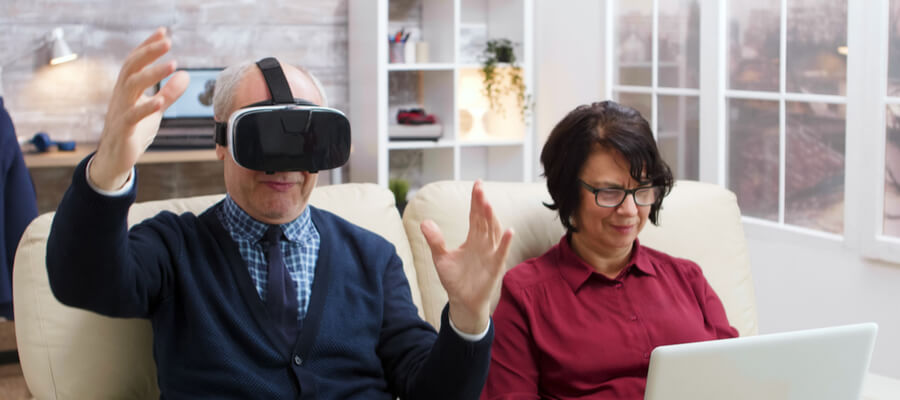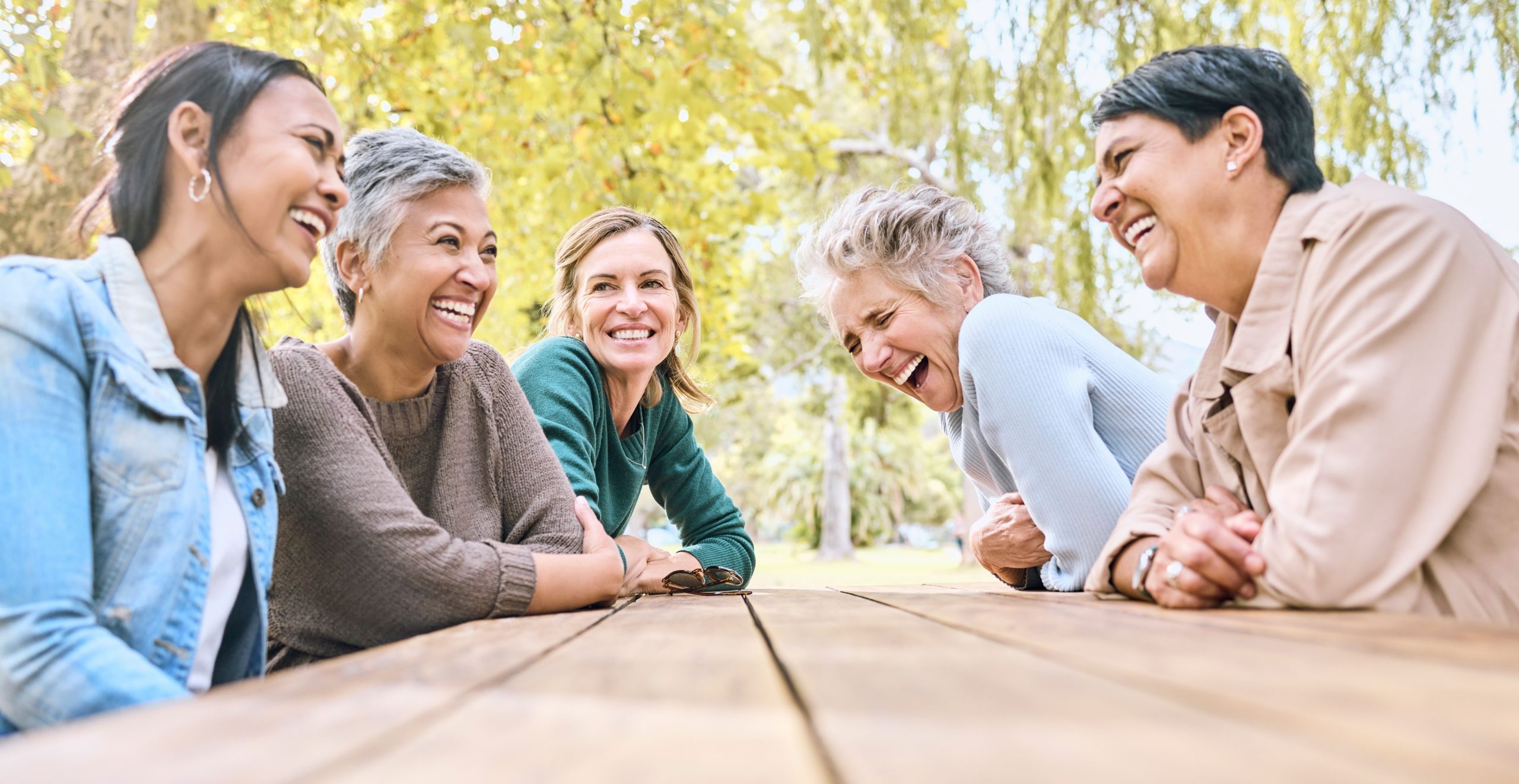By Joyce Wayne
None of us expected the new year to turn out exactly as it has. In December, my husband and daughter celebrated birthdays and that was the only time we gathered together around the dining room table. Holiday celebrations took place on Zoom and we all made the best of this trying situation.
As usual, I’m spending a great deal of time in front of my computer screen or on my mobile phone. Rather than complaining about being hooked up to social media for hours each day, I must admit that I’m grateful that I have the choice to connect with others in this seamless and straightforward way. Without it, I’m not confident I would be as optimistic about the future. If it hadn’t been for the vast array of Zoom talks, lectures and presentations that I’ve watched for almost two years, I’d be at loose ends, and disconnected from what is happening in the world around me.
Every day I’m thankful that I live in a comfortable home. My husband works from the third-floor office in our townhouse while I spread out my papers and books on the dining room table. We’re not in each other faces every minute, and yet we’re close by. I’ve purchased a new desktop computer with a large screen. On it, I write these columns and work on the new book I’m preparing. As you might do, I listen to music, watch movies on streaming services and read newspapers and magazines on my desktop. Time flies, thank goodness.
How technology helps the older generation
Now technology provides the older generation with ever more inventions to make our days more pleasant, less lonely and more purpose-driven. There’s a new platform called Papa, which provides us with “family on demand.”
Papa: A new category of care for retirees
According to its website, papa.com offers “a hand to help, a shoulder to lean on, an ear to listen –supporting elder adults and families with how and where they want to live: at home. Papa and our Papa Pals represent a new category of care, to quite literally meet our members where they are. With true help unbounded by the real limitations of today’s health care system. Papa is aimed at the social determinants of health, including loneliness and isolation, transportation access, technology and health care literacy, and more.”
How technology helps aging in place comfortably
Most of my friends and I have begun talking openly about our plans for aging in place. None of us wish to leave our homes where we are most comfortable, and are able to remain safe during this time. The pandemic made it clear that aging in place, in our own homes, is the best strategy to stay healthy and meet the coming challenges that will inevitably happen to us as we grow older. What worries me most is the possible isolation from friends and family and also the ability to keep up with chores, errands and medical appointments.
That’s where emerging digital technology like Papa comes into play. It can hook you up with companions of different ages, arrange for grocery delivery and many other activities we take for granted when we were younger. Along with the necessities of life, Papa brings members and Pals (younger folks who assist older adults) together with a mobile app that makes lasting connections easy.
At the moment, Papa only offers membership through health plans or employer benefit programs in the U.S., yet I wouldn’t be surprised if the company would consider extending their services to Canada.
A recent article in The Washington Post reported on one woman who uses Papa’s platform. “Last year, Papa connected Bauman, a 39-year-old Floridian, with another woman in her mid-70s who lives alone and has very limited mobility. Bauman began driving her to doctor’s appointments and helping her with chores around the house. ‘When I’m not there, she doesn’t leave her apartment,’ said Bauman. The two have gone to the gym together, and they walk slowly through the neighborhood, chatting so it feels less like exercise.”
In Canada, Telus has stepped up to provide the Telus LivingWell Companion Home service, which with an optional fall detection feature, provides instant access to emergency assistance 24- hours a day, seven days a week and allows users to speak live with a trained operator in the event of an emergency who can assess the situation and contact loved ones and/or alert emergency personnel to dispatch help right away. Active seniors using the LivingWell Companion Home service have the ability to access emergency support on the go with built-in GPS location tracking and automatic fall detection. Users are protected both indoors and outdoors anywhere in Canada where there’s cellular coverage.
Within my Oakville community, I discovered a myriad of home care services for older adults. One company, Rightathome.com offers companion care and personal care as well as in-home medical care. Another service, HomeConcierge, offers a dedicated personal concierge for maintaining everyday routines while providing engaging social interaction.
During the pandemic, I’ve also become interested in virtual reality (VR) headsets , some readily available to consumers in Canada. Apple is about to put a virtual reality device on the market as early as this year. As The Washington Post suggests, “Lifelike simulations from miles away could be especially useful for meaningful interactions between people of different generations, since they’re often geographically segregated…. VR’s benefits require further study, but users report less social isolation and depression, according to MIT research. The immersive, 3-D experience is more compelling than FaceTime or Zoom. ‘It’s like the difference between a phone call and video call,’ said Rick Robinson, Vice President of AARP’s Innovation Labs.”
Other VR headsets can carry you away to Paris or Venice or arrange a skating event with your grandchildren. I like the idea that you can create outings with family or friends and engage with them through virtual reality. The pandemic has made it easier and more acceptable to rely on devices such as these, and it’s definitely better than just watching television or feeling lonely. “When VR is designed right, the medium disappears,” said Jeremy Bailenson, a communications professor who directs Stanford’s Virtual Human Interaction Lab.
I’m a planner, so in my mind, I’m beginning to visualize what old age could look like for me if I’m smart enough to remain in my own home. It can be much more than just passing the time and more about looking forward to new and different experiences in the future.
To learn more about the CHIP Reverse Mortgage and find out how much of your home’s equity you can borrow to live the retirement you’ve always dreamed of, call 1-866-522-2447.
 |







